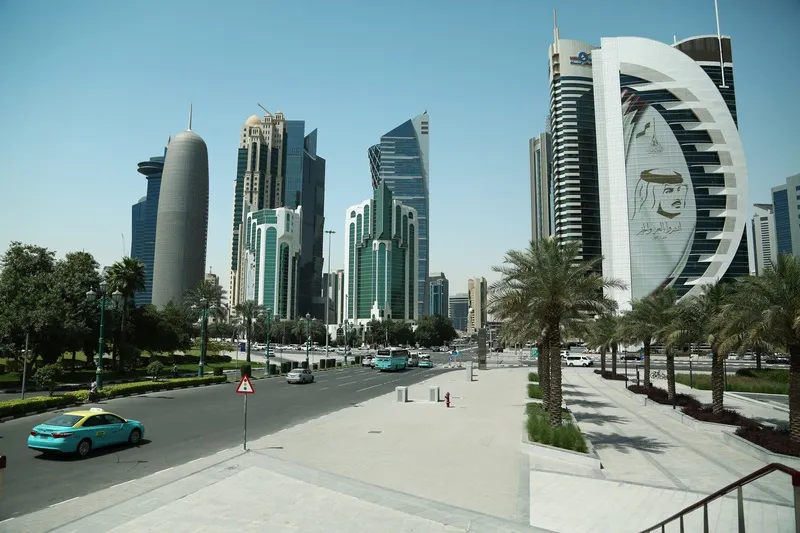
When a British road safety group was faced with the challenge of further improving its roads in the face of continued budget cuts, it turned to
Law enforcement authorities and organisations like the Casualty Reduction Enforcement Support Team (Crest) which is based in Derbyshire are under pressure to process more traffic offences with reduced staff.
Crest called in StarTraq to help manage the back office system. StarTraq provided a sophisticated workflow and document management system enabling the processing of traffic offences from different camera types through to successful prosecution.
Last year it upgraded to StarTraq’s Dome system which covers everything from camera integration and offence verification to document management and production of court files.
Crest manager Geoffrey Hall said: “We are now processing more offences without the need to increase our staff. We now process 10,000 offences per year per member of staff and cope with 1,200 offences per week at peak times.
“In more than 37 years of working in the public sector, StarTraq is the best company I have dealt with because they listen and respond.”









